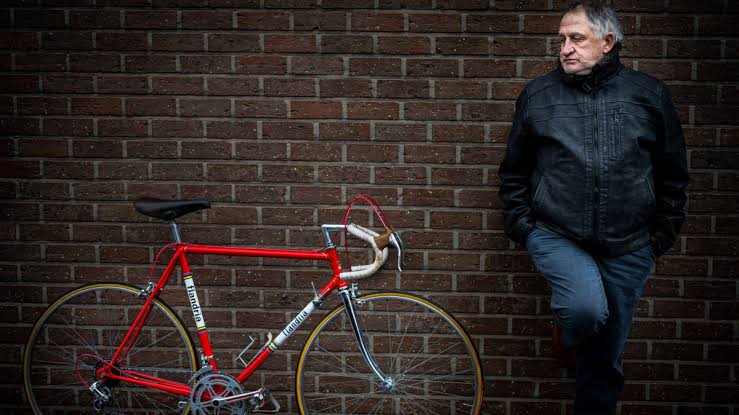Freddy Maertens: The Nearly All-Rounder with an Exceptional Sprint
Freddy Maertens, a name synonymous with thrilling finishes and remarkable victories, was a cyclist of extraordinary talent and distinctive prowess. Known for his exceptional sprinting ability and near-all-rounder status, Maertens’ career, marked by peaks of brilliance and valleys of adversity, remains a fascinating chapter in cycling history.
Early Career and Rise to Prominence
Maertens began his professional cycling career in 1973 with Flandria, one of the most formidable teams of the 1970s. He joined a team already bolstered by top riders Marc Demeyer and Michel Pollentier, forming
Maertens’ career was highlighted by an impressive collection of victories. After his 24th birthday, he amassed 148 UCI wins. His accolades include two World Championship titles (1976 and 1981), 25 stage wins in the Grand Tours, three green jerseys in the Tour de France (1976, 1978, 1981), and an overall win at the Vuelta a España in 1977. Additionally, he claimed victories in prestigious races like the Amstel Gold Race, Gent-Wevelgem, and the Omloop Het Volk, among others.
The Mountain Challenge and Monument Shortcomings
Despite his near-all-rounder capabilities, Maertens had notable limitations in the mountains, which often hindered his performance in the overall classifications of the Grand Tours. His strength and resilience allowed him to compete in the mountains under optimal conditions, but he was consistently overshadowed by the best climbers.
A striking aspect of Maertens’ career is his lack of victories in the five cycling monuments—Paris-Roubaix, Tour of Flanders, Milan-San Remo, Liège-Bastogne-Liège, and Giro di Lombardia. Although he had a few strong years, particularly in 1976 and 1977, these elusive wins defined a gap in his otherwise stellar record.
Decline and Comeback
By 1979 and 1980, Maertens’ career faced significant challenges. Financial troubles, stemming from poor investments, severely affected his personal and professional life. The strain of financial difficulties led to a downturn in performance, and at 28, his career appeared to be in decline. However, with the support of his wife Carine, Maertens managed to navigate through these tough times.
A comeback came in 1981, driven by renewed confidence from former team leader Lomme Driessens and a move to the Boule d’Or team. Maertens’ resurgence was marked by another great Tour de France, where he secured five stage wins and the green jersey, followed by a second World Championship title in Prague.
Final Years and Legacy
Despite the promising comeback, Maertens’ subsequent years were less remarkable. His performance waned, and he moved through various smaller teams before retiring from professional cycling in 1987. Post-retirement, Maertens worked as a sales representative and contributed to the Wielermuseum of Roeselare. He remains involved with the Centrum Ronde van Vlaanderen in Oudenaarde, continuing to celebrate the sport he so loved.
Maertens’ legacy in cycling is cemented by his remarkable sprinting prowess and significant victories.
In 2010, he was honored as the best West-Flemish cyclist of all time, surpassing other cycling legends like Briek Schotte and Johan Museeuw. This recognition reflects the lasting impact of Maertens’ career on the sport.
Freddy Maertens’ story is a testament to the highs and lows of a professional cycling career. His exceptional sprinting ability, combined with a career marked by resilience and talent, makes him a memorable and respected figure in the annals of cycling history.
Leave a Reply